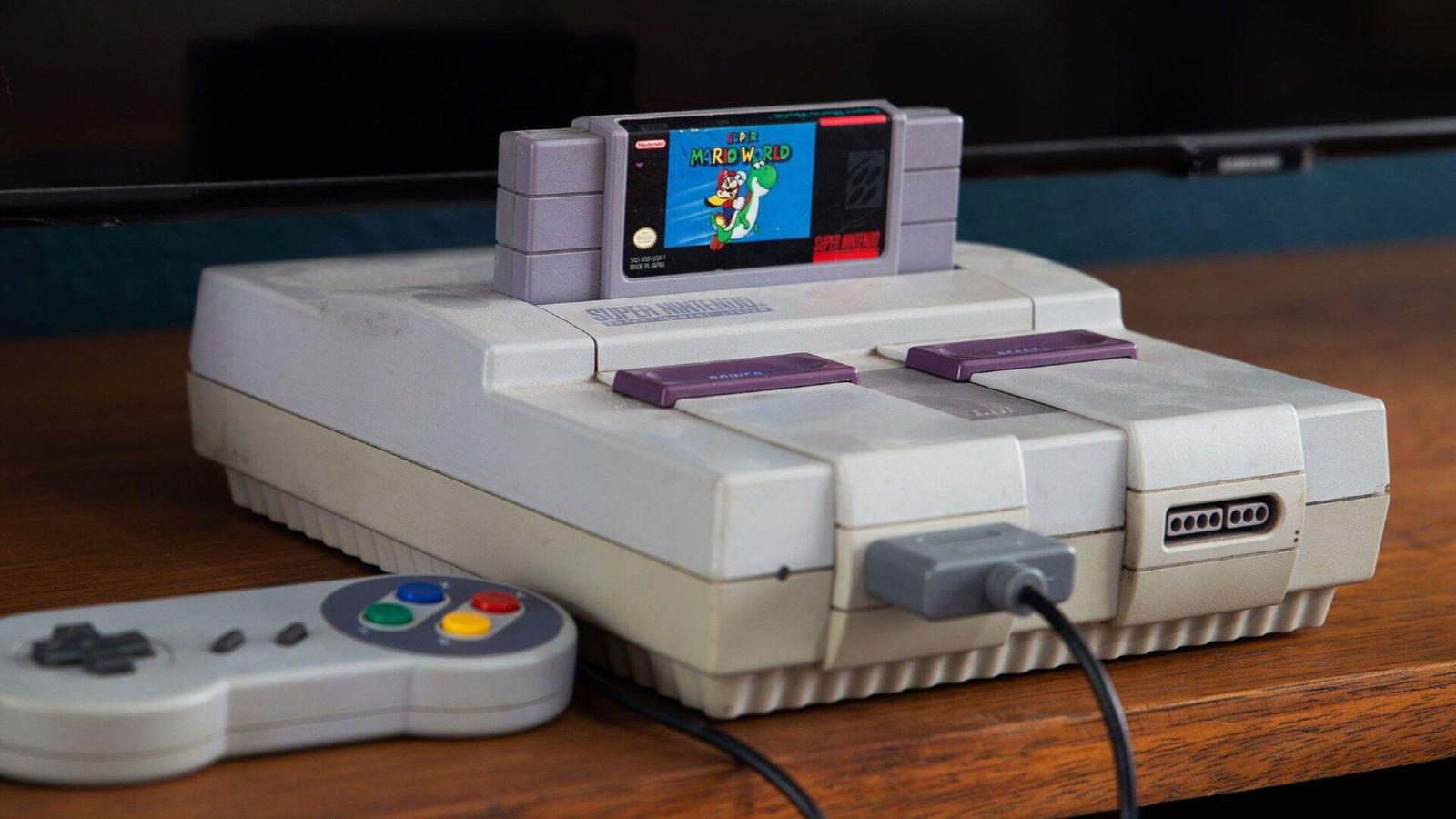It’s been nearly 35 years since the release of the Super Nintendo Entertainment System, and there’s never been a better time to play one. In fact, the consoles seem to be getting faster as they age.
That report comes from 404 Media, who talked to TASBot (tool-assisted speedrun robot) Administrator Alan Cecil. TASBot and Cecil have appeared on speedrunning events like Games Done Quick.
There had been reports that consoles were getting faster, which had started creating some concerns in the speedrunning community — as the SNES is easily one of the most beloved systems for speedrunning. It’s easy to see why that would happen, as speedrunning is heavily reliant on learning exact ways to complete games and perfect timing, and console speeding up over time could impact that.

On Bluesky, Cecil made a post referencing reports that the SNES was getting faster and shared a link to an online form and instructions for how people could share their own data — to see if the theory was actually correct. Turns out, it seems to be that way.
While Cecil told 404 he still wants to collect more data before making a definitive statement, it does appear SNES consoles are running faster as they age — but the changes are very small and likely wouldn’t even affect speedrunning.
The cause is a little in the weeds, but what’s happening is apparently linked to an audio processing unit (APU) in the SNES called the SPC700. Documentation from the SNES release days claims the APU should have a digital processing rate of 32,000 Hz, which is set by a ceramic resonator.
There is past evidence that ceramic resonators can run at higher frequencies when subjected to the right environment, such as higher temperatures. It also seems possible that age has simply changed the speed at which the SPC700 processes data.
Now, as previously mentioned, the actual change isn’t all that significant. The fastest SPC700 recorded so far is only 32,182 Hz. For most purposes, that’s a negligible difference, but it’s easy to see why speedrunners might be concerned. Fractionally faster audio processing could, in theory, lead to slightly faster load times for scene or screen transitions—but these minuscule changes have yet to show any profound effect.
But despite all that, it’s still a fascinating discovery that needs to be kept in mind to preserve and continue the use of the Super Nintendo.




